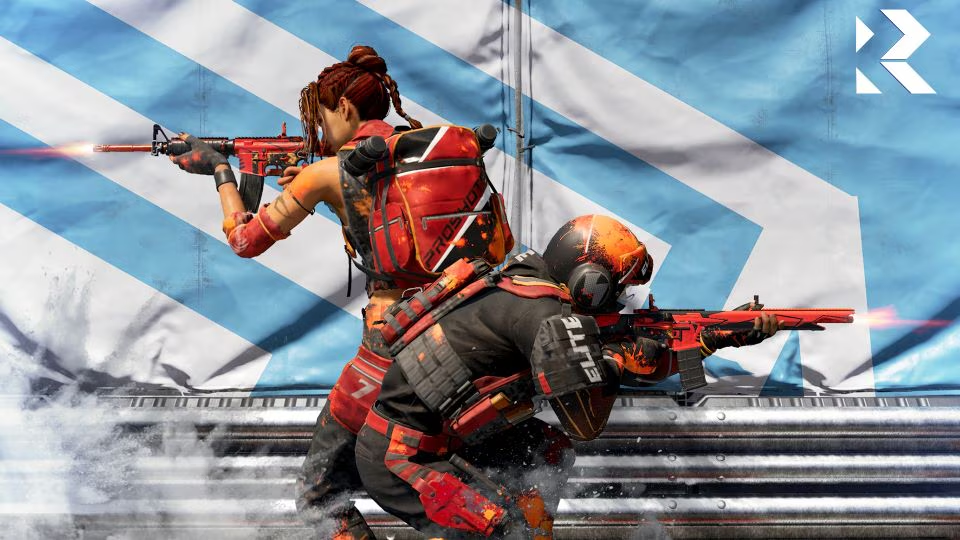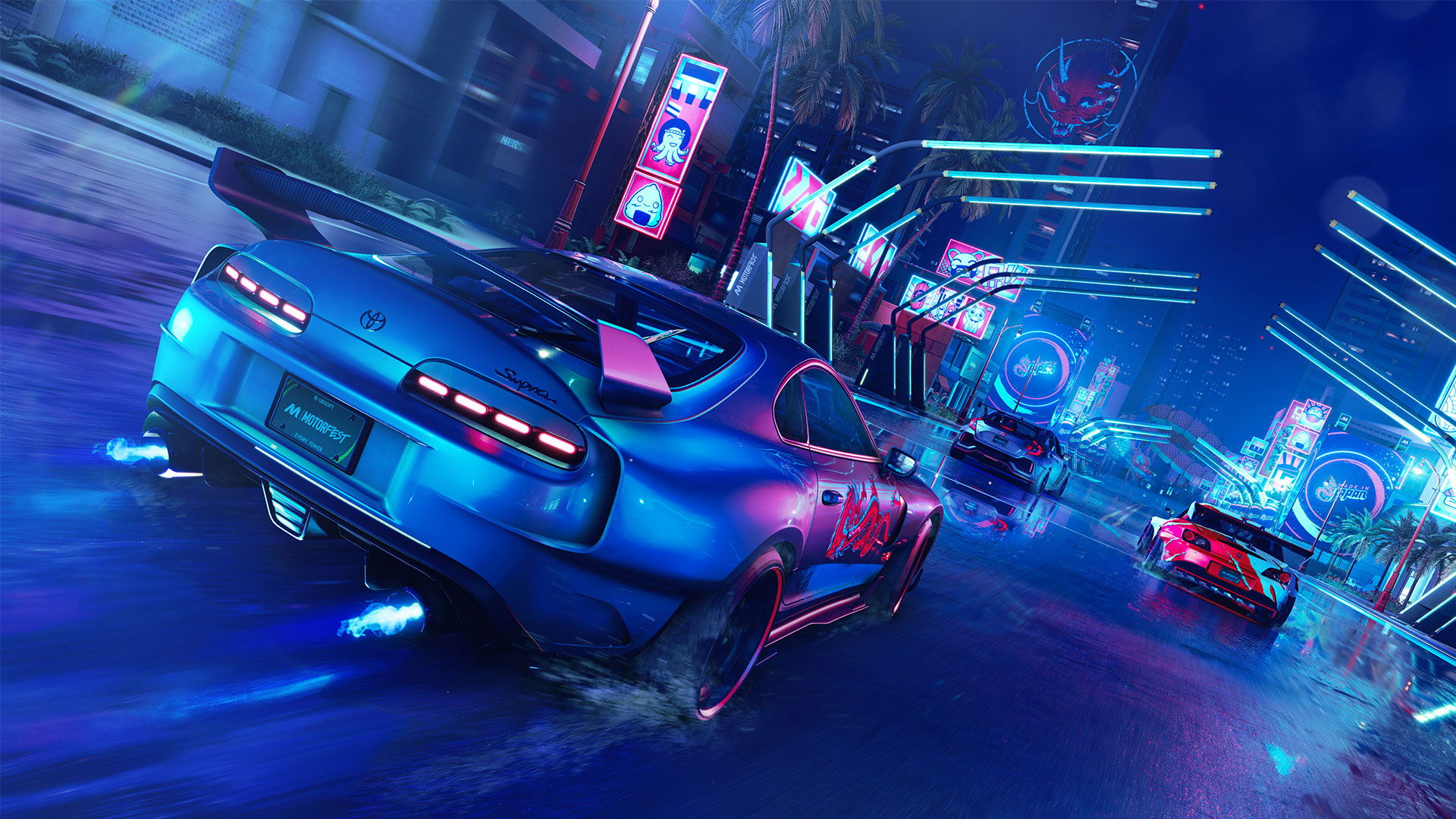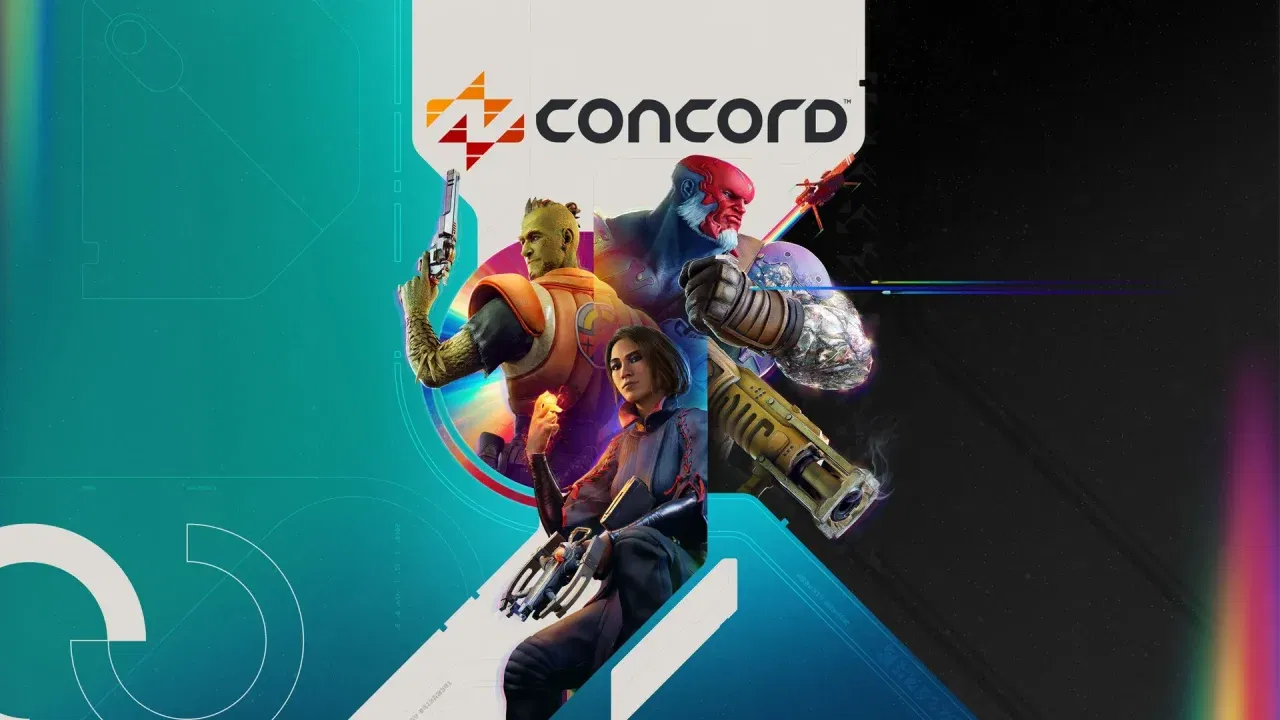Game ownership today is more complex than it may seem. The rise of digital download codes over hard copies has led to some ownership concerns, and always-online games complicate things even further.
When a game only exists online, it suddenly becomes unplayable if the company behind it shuts down its servers. That’s exactly what happened with The Crew in 2024. Ubisoft took The Crew’s servers offline in March 2024, leaving people who had already paid for the game with no way to play it, even if they owned physical copies. Sadly, that’s not the only game that has faced this sort of situation.
The issue is that even with a disc of the game, there was no playable content outside of the online multiplayer. As a result, once Ubisoft stopped supporting The Crew’s online lobbies, those discs gamers had paid for no longer meant anything. Despite technically owning the game, players were at the mercy of Ubisoft.

Fans may not even realize these risks when getting into a game, either. When you pay for something, it only seems logical that you get to keep it. Social media and influencer hype around an online game may lead people to overlook some glaring flaws, too. Social platforms are designed to capitalize on FOMO, so it’s easy to see gameplay and reviews and jump headfirst into an online experience before you realize the ownership complications.
So, what can gamers do in response? The first and most important step is to realize that you can never truly own an online-only game. Live-service failures like the infamous Concord show how gaming companies are quick to take projects offline if they don’t meet expectations. Even if you have paid for a copy, you can’t control what the studio does to the game’s servers, so proceed with caution when putting money down on an online-only game.
Public outcry may help push the industry in the other direction, though. Ubisoft is currently facing a lawsuit over The Crew, and while it’s unclear how that case will end, it does signify that people care enough about the ownership issue to take action. Other companies may change their operations to avoid similar legal battles, especially if such activity picks up.
Similarly, some concerned consumers have started a coalition called Stop Killing Games to address this problem. The bloc has already opened a petition in Europe that would ask the government to require companies to leave games in a playable state after they decide to stop supporting them.
For now, it’s uncertain if the Stop Killing Games petition will have its desired effect or if the industry will respond to the Ubisoft lawsuit. But a growing awareness around these issues could lead to further action and, eventually, needed change. Until that happens, gamers should recognize the potential pitfalls of always-online games and try to steer clear of the hype when ownership may not be what it seems.



